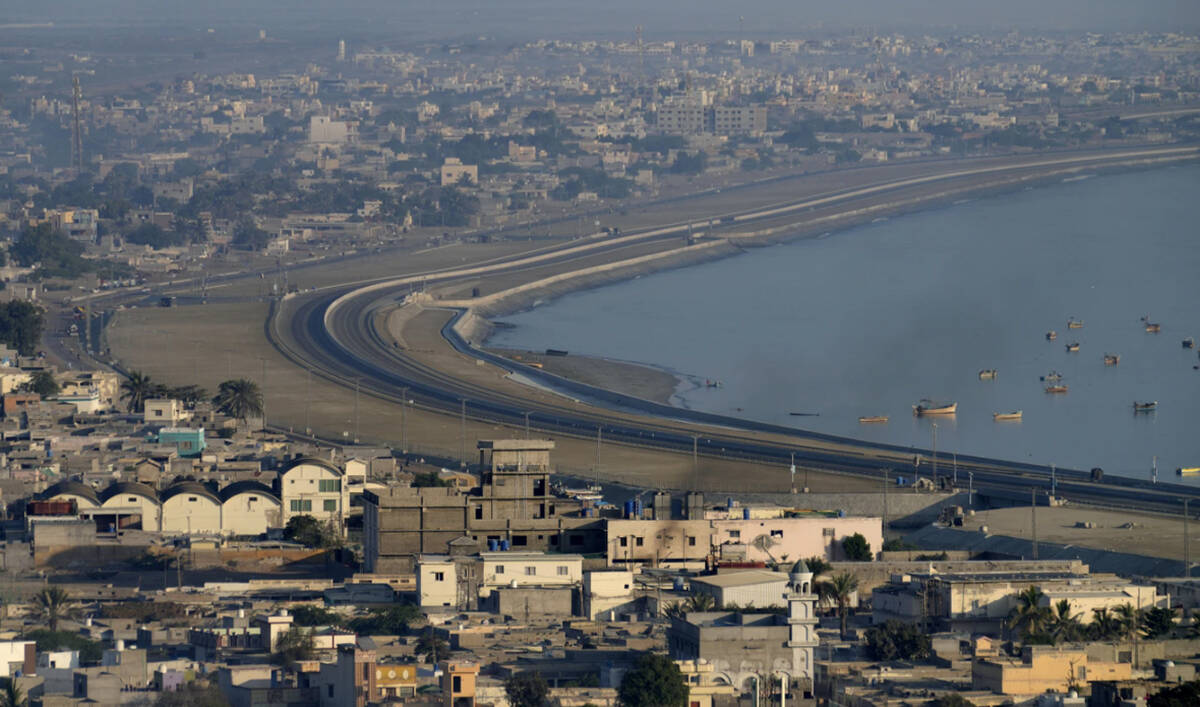ISLAMABAD: The amendments to the Pakistan Army Act, 1952, will put an end to social media campaigns against the armed forces, put a check on serving and retired military officials from divulging sensitive information, and keep them from participating in political activities immediately after retirement, said analysts on Friday.
Pakistan’s upper house of parliament hastily approved the amendments to the army act on Thursday by bringing in a bill without sending it to the relevant parliamentary committee for discussion and debate.
“In the age of social media, it is becoming increasingly difficult to segregate authentic information and disinformation, so in this context the strengthening of the army act by parliament is a welcome move,” Major General (r) Muhammad Samrez Salik, a defense analyst, told Arab News.
“People have a field day now by leveling allegations of any sort and indulging in any smear campaign against the army, so there is a need for legislation to control it all,” he continued, adding the Pakistan Army Act’s application was only limited to serving and retired military officials.
“The act and these amendments don’t apply to civilians at all,” Salik said.
One of the amendments in the army act proposes up to five years in jail for those who disclose sensitive information pertaining to the security of the country or the military.
“If any person, who is or has been subject to this act, discloses or causes to be disclosed any information … shall be guilty of an offense, and on conviction by the court constituted under this Act, be punished with rigorous imprisonment for a term which may extend to five years,” said the bill.
The legislation also proposed barring any person subject to the army act from engaging in any political activity for two years from the date of their “retirement, release, resignation, discharge, removal or dismissal from service.”
“While those employed, seconded, tasked, or otherwise attached to sensitive duties under the act would be barred from political activities for five years after they leave their posts,” it added. “Whoever violates [the conditions] on conviction by the court constituted under this Act, would be punished with rigorous imprisonment for a term, which may extend to two years.”
The legislation said action would also be taken against those involved in defaming the military, adding that they would be punished under the Prevention of Electronic Crimes Act, 2016, or the relevant electronic, digital, and social media laws.
Salik said that restrictions on retired military officials to take part in politics at least for two years was already there, adding that it was enough.
“There was no need to enhance it to five years for those who served at the sensitive posts,” he continued.
He explained the purpose of the restriction was to allow a time to the retired military officials to get disconnected and disengaged from the army’s system and departments before joining politics.
Dr. Huma Baqai, a political analyst, attributed the amendments to the army’s “desperation” to control their serving and retired officers.
“You earn respect through good deeds, not by forcing people through legislations,” she said.
Baqai maintained people had multiple ways of expressing themselves in today’s information age, adding that any amendment to the army act would not be able to control them.
“The PDM [Pakistan Democratic Movement] government led by Prime Minister Shehbaz Sharif is already on a weak footing, and it should avoid using the parliament to make such hasty legislations,” she said.
Dr. Hasan Askari-Rizvi, a political and defense analyst, reiterated the fact that amendments to the army act would be applicable to serving and retired military officials only.
“There is no possibility of these amendments being used against the civilians,” he told Arab News, adding that the army chief was already empowered to take any punitive action against serving and retired military officials after an inquiry.

















